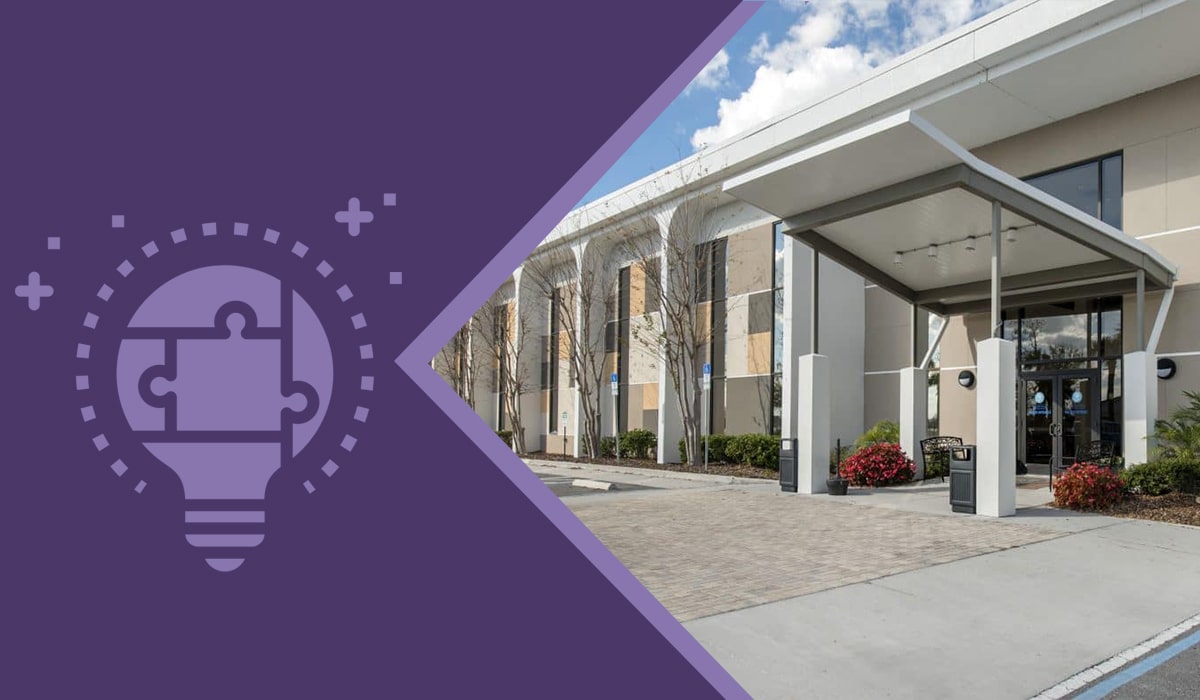Why are Treatment Centers struggling with Digital Innovation?
We live through an era connected by technology using high-speed internet, AI, and whatnot. These technologies are not only helping the organizations but also achieving tasks that were earlier considered as impossible. And as the relative cost of data processing is decreasing, the available solutions are becoming more and more competitive, which has really helped some industries with an unimaginable leap in productivity. But for healthcare, the change has been slower but don’t fret; the change is coming, and it will be more impactful. The organizations who will embrace the technology will have a head start while the rest will be vulnerable to the market dynamics.

There is one particular segment in healthcare that is most different from the others: mental health. Mental health care is a unique industry in a lot of ways. As per a study conducted by NCBH, while the demand for mental health-related services increased during the pandemic, the care organizations still reported a loss of around 22% of their revenue. One of the primary reasons found during the survey was long wait times and fewer programs. It’s a difficult situation, but it also points towards the unique challenges that the industry faces. The industry is dependent on a complex matrix of insurers, regulators, and clinicians. Each patient in mental health care is unique in their journey to recovery. With the treatment becoming more and more data dependant or evidence-based, the treatment centers must demonstrate efficacy at every level of care. And with the new regulations coming in healthcare, the mental health care facilities must be agile and prepared for any changes.
As many healthcare organizations have already understood the importance of technology, it is high time for mental health and addiction care providers to change in response to these challenges and undergo its own digital transformation. For this, there is a need for innovative technologies that identify and eliminate inefficiencies. Like lengthy authorizations, paper-based charts, repetitive surveys need to go, and providers don’t need to waste hours trawling through spreadsheets and documents. And as evident 95% of mental health and addiction care provides have realized the benefits of digital technology and have already shifted to digital means with Electronic Health Record (EHR). But despite this rapid pace of technology adoption, the mental health and addiction treatment facilities are still facing challenges. The National Council for Mental Wellbeing survey indicated that 68% of organizations had to cancel, reschedule, or turn away patients in the fourth quarter of 2020. So why are some centers thriving as their readmission rates are dropping and their patients are reporting high levels of satisfaction? Because they are automating unproductive tasks, giving them more time to spend on their patients. This not only improves patient outcomes but also enhances reputation and reduces readmission rates.
Still, why are particular mental health and addiction treatment centers thriving? One takeaway is that it’s not really digital innovation that counts but employing digital innovation the right way. Facilities have incorporated EHRs that aren’t suitable for their services or are not customizable to their needs. Most EHR systems available are generic and are being pressed into service for mental health care. They are not optimized or customized to your needs and as such poorly impact your facilities productivity. After all, technology is only as helpful as it is employed. In fact, the difference between the EHR fit for you and the EHR, which is not fit for you, is enormous, as much as the difference between paper-based and going digital. The EHR that is fit for you will automate tasks and seamlessly integrate with the daily needs, rhythms, and outputs of your facility. The storage of medical records is such that it helps clinicians discover insights about their patient’s health and improves the outcome of the treatment. It maximizes reimbursement and mitigates the risks of lost revenue. And unless your EHR is truly catering to the needs of your care team, these benefits will remain out of your reach.
So what makes Elixir different?
At Elixir, our solutions have been devised by experts in the mental health and addiction care sector. Clinicians have helped to shape our solution from EHR to CRM to Billing. And that is what has helped us to provide excellent service to our partners by understanding their needs and providing a customizable solution that takes their facility to the next level.
Elixir Practice Management Suite is a comprehensive solution built on Salesforce, consisting of four modules that fit rightly into your healthcare business irrespective of your facility size and type. The Elixir Contact Center module helps manage the entire facility census and the patient intake process. At the same time, the Elixir EHR solution aims at delivering an end-to-end seamless patient care experience. The third module is Elixir Billing, and it effectively fetches data from any EHR platform to process medical claims and manages the entire revenue cycle. Elixir Patient Portal is the last module, and it provides an integrated experience for the patients.
Contact us to book a demo now!

